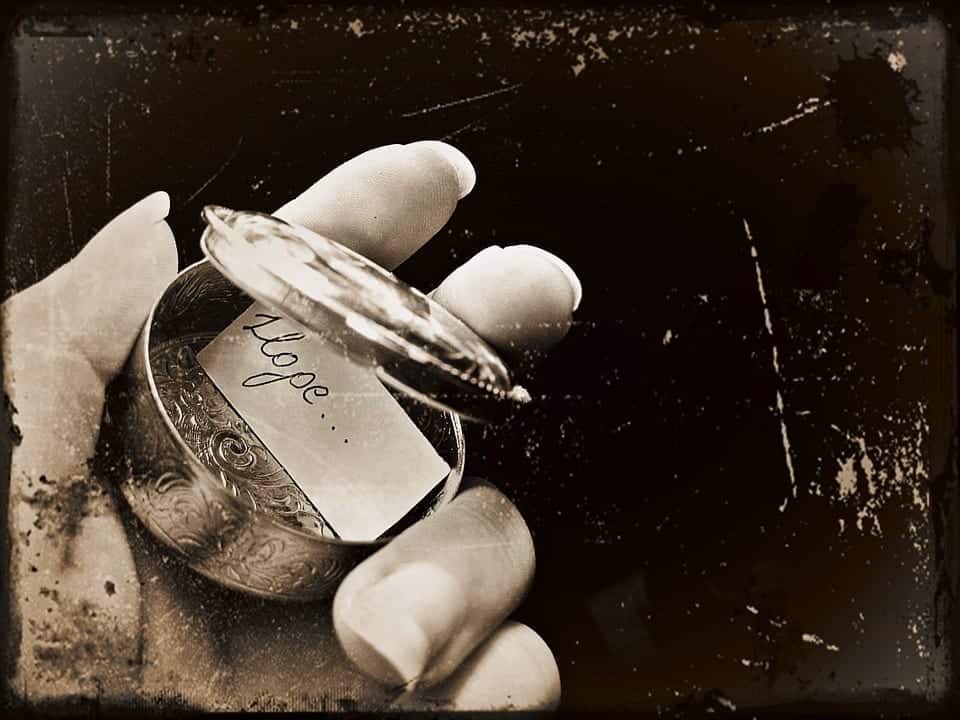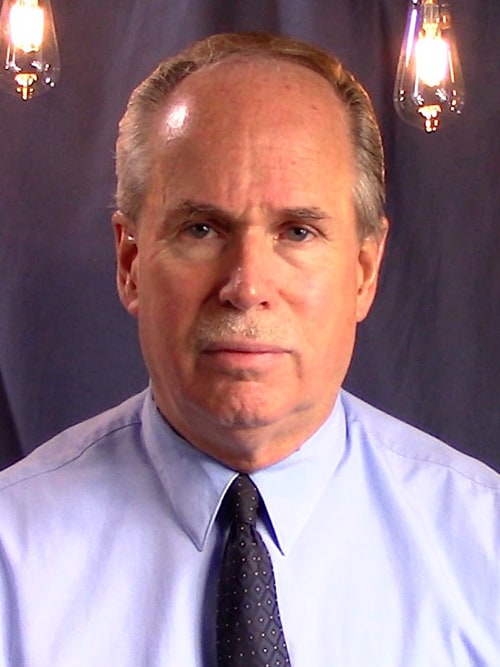There’s pain, and then there’s intensely deep pain. We all have pain. We all have the pain of failed experiences, sordid disappointments, wasted opportunities and wasted investments that we thought were opportunities. There’s the pain of not being where we imagined being, of being forced to embrace dreams as more fantasy than substance, of friends in flight and fortitude forgotten. There’s the pain of growing up and growing jaded, a world devolving despite relentless efforts to reverse it all, of diminished confidence in our fellowman and a diminished confidence when the fellowman is us. There’s the pain of watching others in pain and the pain of feeling our own pain, whatever it might be. Then to top it all off, there’s pain that we can’t even identify despite our desperate efforts to do so which makes whatever’s hurting us hurt all the more. Yes, there’s pain and we all have it.
Then there the ‘core of your soul’ kind of pain that’s entirely different. It’s the kind of pain that’s rarely sharp but indisputably debilitating, profoundly aching to a paralyzing numbness with a venomous bite that’s emotionally heart-stopping. It’s exceedingly more than painful, it kills; not a straight-up obvious kind of death, but more the killing of the soul that leaves us alive while simultaneously dead. It’s a pain that flaunts healing, that defies a cure and that leaves a forever ‘limp’ in our souls, if not something more paraplegic in nature.
This kind of pain is entirely unreasonable and terribly cruel in terms of its intensity, but it makes sense in terms of our humanity. It seems reasonable that we would feel this way or could feel this way. There’s something of depth and soul-ness about our humanity that makes perfect sense of this kind of pain. Yet, it’s horrific despite the fact that it makes sense. We can embrace it as feasible, but we prefer to reject it as entirely too painful.
When we feel this kind of pain we would often gladly give up some of our humanity to whittle down the pain. Such is the intensity that we often wonder if we’ll ever recover, or recover fully. We often think that if the world is capable of inflicting such pain and we’re capable of feeling it, what kind of world is this anyway? And if the world is capable of doing this to people and we’re capable of feeling stuff at this depth, it’s likely that the world’s going to continue to hurt us because it can and ultimately it will.
Acknowledging Pain
Probably the first step in dealing with all of this is to acknowledge that we do experience pain and that we will continue to experience pain. Pain seems to be accentuated when we fight it as cruel, unjust, wicked and inherently destructive. It’s in fighting pain that we escalate pain. The battle against pain is where a significant degree of our pain comes from in the first place. This is not to say that we welcome pain into our lives with open arms and loving words of passionate greeting. Rather, it’s to embrace that fact that life has its fair share of pain and we’re going to experience our fair share of it. It’s refusing to take the principles of fairness and justice as some kind of ethical template and affix them over our pain because when we do, it’s highly likely that our pain’s going to be unjust. When that becomes painfully obvious, we rage and tantrum about the injustices perpetrated upon us in some childish rant that only serves to expend more energy and amplify our pain. We will experience pain, both just and unjust. We’d be wise to accept that.
The Goal of Pain Eradication
No one like’s pain; at least almost no one. Because we’re adverse to pain, our first goal is to eliminate it. There’s really no other reflexive orientation that we have other than take some sort of step to get rid of it. The natural and ingrained response when we incur pain is to react in a way that will make it stop. That action’s essentially habitual; something that we do without ever even realizing what we’re doing it. It’s only in recognizing that we’re doing something that we can ever even ask why we’re doing it. The largely unrecognized, yet terribly fatal flaw in a sole focus on pain eradication is that taking action to stop the pain will typically direct our efforts solely to the more superficial aspects of our pain rather than focusing on the deeper dynamics which are in all likelihood the major source of our pain.
The Language of Pain – Pain Is Telling Us Something
We don’t take enough time to ask what pain is telling us because we’re too busy trying to get rid of it. We want to shut it up. We’ve long lost the language of pain. We don’t see it as an indicator, a light on the dashboard of our lives, a warning siren signaling the approach of something, or a red light that suggests that we come to a full stop. Pain’s no longer a system of the body, or a relationship, or of life that’s flagging down before we fall down. We’ve meticulously demoted it to being nothing other than pain, and in the demotion we’ve come to conveniently assume that it’s pain only and nothing else. We’ve stripped it and silenced it. Its warnings go unheeded because we don’t hear them.
Pain Makes Us Authentic
Khalil Gibran said that “your pain is the breaking of the shell that encloses your understanding.” Whatever that shell is its solid to the point of being impenetrable. Typically it’s constructed from the composite material of our defense mechanisms and it’s fired to a steeled strength in the blast furnace of our previous pain. We’re constantly constructing methods to protect ourselves from threats that are in some instances quite real, and in other instance are at product of imaginations that are fed by the real experiences. Pain demolishes those shells. Pain strips us raw in the sense that all the games and all the protective layers are ripped away. Pain draws us down and back up into authenticity. It’s a raw and frighteningly vulnerable place to be, but it’s a profound place from which to understand who we are and to grow deep in that understanding.
Embracing Pain Opens Up Life
An unknown author wrote that “love means exposing yourself to the pain of being hurt, deeply hurt by someone you trust.” If we refuse to risk pain or feel pain, we’ve shut down vast amounts of the landscape of our lives. Refusing to feel pain means that we will refuse to engage nearly all of life. We huddle in some hovel, fearful and winching at the very thought of pain. Crouched over, with our arms wrapped about us in abject fear we live out lives of desperate isolation. It seems that the trade-off is far too costly. If we want to live; to live in a manner that’s wholesale and abandoned to living itself we’ll need to accept pain, quite trying to eradicate it as a first step, figure out what it’s telling us, let it reveal the true depths of who we are, and grow in the wild concoction of it all. Feel pain and live!

 Craig Lounsbrough
M. Div., LPC
Craig Lounsbrough
M. Div., LPC